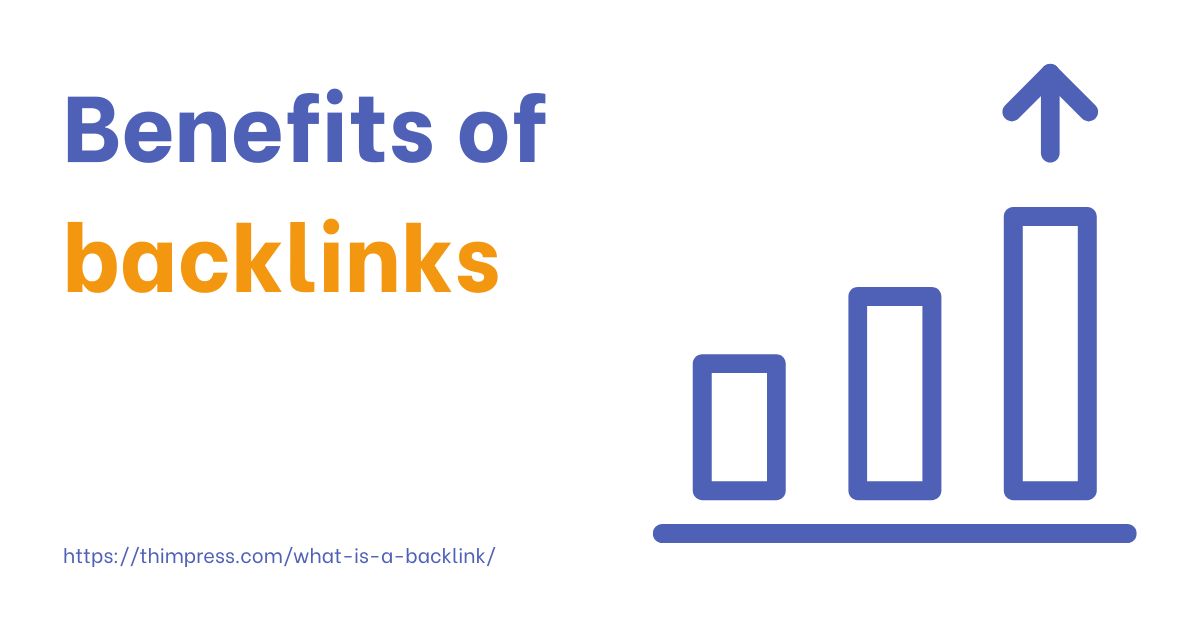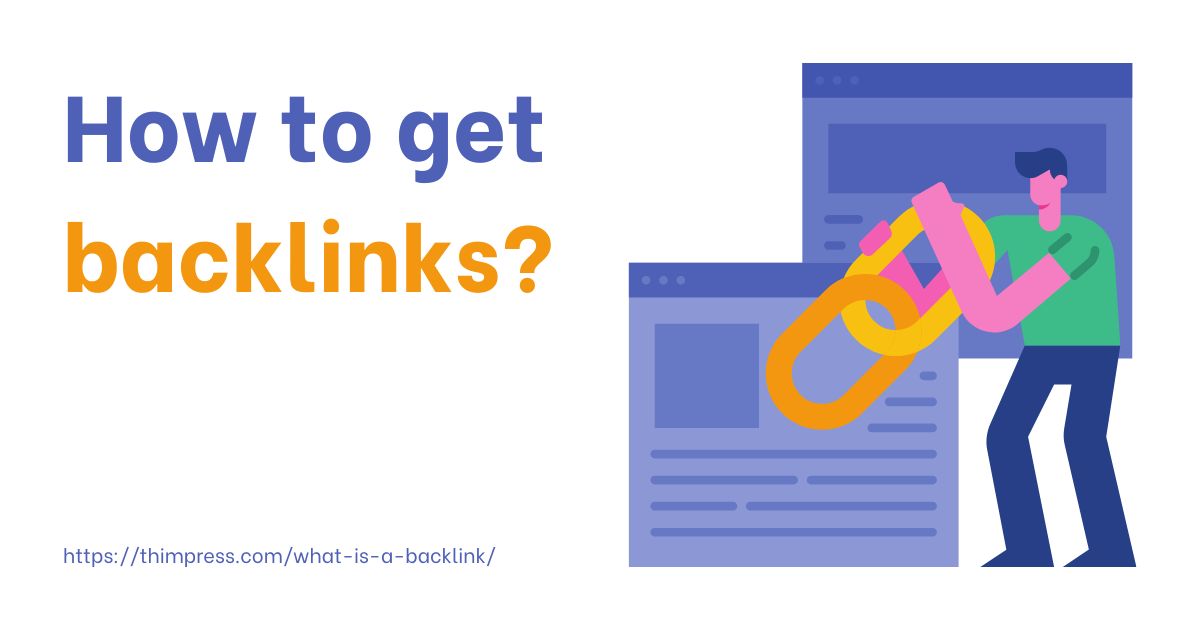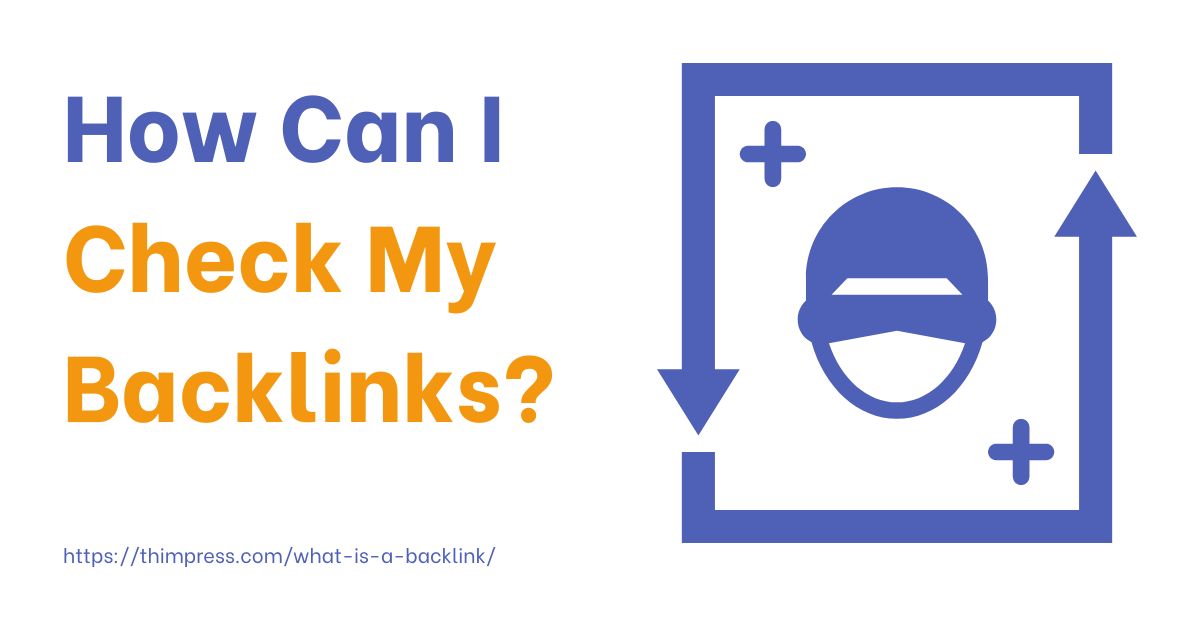What is a Backlink? Search engines like Google use Backlinks, which are links from one website to another, as a ranking factor. By linking to another website, a website is effectively endorsing the validity and accuracy of the linked content.
Effective SEO depends on a website’s ranking position and visibility in search engine results, both of which can be increased through high-quality backlinks.
How Do Backlinks Work?
Backlinks are links from other websites that point to your website. Here’s how backlinks work:
Crawling: To scan and index websites on the internet, search engines use software packages called crawlers. The crawler will follow a link to the linked page and add it to its index when it encounters one.
Indexing: Next, search engines evaluate the content of the linked page to assess its quality and relevance. To evaluate the content quality of the linked page, they also check the link’s anchor text.
Ranking: Search engines rank each website according to a number of factors, including the number and quality of backlinks.

Benefits of backlinks:
- Increased SEO (Search Engine Optimization) ranking: Backlinks are one of the most important factors for ranking higher in search results.
- More website traffic: When people click on backlinks to your site, you get more visitors.
- Improved domain authority: Backlinks from high-authority websites can help build trust and credibility for your brand.
Types of backlinks
If you want to improve the SEO rankings of your website, you should be aware of various types of backlinks. These include:
| Natural backlinks | They are earned through natural means such as creating high-quality content that others want to link to. |
| Manual backlinks | These are acquired through intentional efforts such as guest posting or influencer outreach. |
| Self-generated backlinks | These are created by the website owner. |
In addition to the standard backlink classification, there are two more categories we can use to group backlinks so Google can track them:
| Nofollow Links | Links with the Nofollow tag encourage search engines to ignore the link, which means no value is passed from one page to another. Therefore, Nofollow links are usually not helpful in improving a website’s ranking in search engines. |
| Dofollow Links | Website owners actively seek out do-follow connections because of their importance in improving search engine rankings. A website’s visibility and ranking in search engines can be significantly enhanced by acquiring high-quality do-follow backlinks. |
How To Get Backlinks?

There are several ways to get backlinks for your website, including:
Helpful, Reliable, People-First Content: Produce content that people will naturally want to link to. Make sure the material you produce is unique and useful to readers.
Reach out to others: Ask for links by reaching out to other websites or blogs in your niche. Make sure each of them is highly trustworthy and matches the information on your website.
Guest post: Guest Posts on other blogs or websites and include a link to your site. Write valuable, relevant, valuable articles for the site you want to attach links to and make sure you’re not a spammer.
Social Media: Include links to your website on social media platforms, as well as regular website content and updates. Make sure to post the most important information on social media because customers spend less time on your website and more time there.
Create list, “How To,” “How To,” or “Why” posts: Create linkable resources, such as guides or infographics. While this information may not be particularly relevant to your site, it is truly valuable to everyone, increasing the likelihood that these connections will stick around on your blog.
How Can I Check My Backlinks?

Here are some ways to check your website backlinks:
Use Backlink Checker: Moz, SEMrush or Ahrefs. These tools can give you a complete list of backlinks pointing to your site as well as important information like the linking site’s domain authority.
The following method is faster and easier, but we also recommend that you familiarize yourself with Google tools:
Use a Google Search Console: This free tool from Google gives you detailed information about your site’s search performance as well as a list of sites linked to it. Although learning Google Search Console in-depth and using this strategy is time-consuming, it has a number of benefits that make it worthwhile.
GSC is also a tool that allows you to disavow bad backlinks.
Now You Know “What is A Backlink?”
In short, backlinks are an important component of search engine optimization (SEO) that have a major impact on a website’s visibility and ranking position in search engine results. Remember, backlinks from high-quality, authoritative sites are more useful than links from spammy or low-quality sites.
On the flip side, backlinks from harmful sources can have a negative effect on your SEO efforts. The effects of toxic backlinks can lead to penalties from search engines, reducing your website’s credibility and ranking. Therefore, it’s crucial to regularly audit your backlinks and disavow any that may harm your site’s reputation and performance.
Read More:
Contact US | ThimPress:
Website: https://thimpress.com/
Fanpage: https://www.facebook.com/ThimPress
YouTube: https://www.youtube.com/c/ThimPressDesign
Twitter (X): https://twitter.com/thimpress